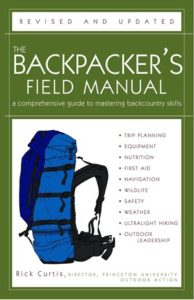Wilderness therapy programs with a continuous enrollment model offer many benefits as
well as challenges for those who work in the field. The majority of clients’ time is spent with
field staff during the duration of their treatment by sharing meals, therapy sessions, and day to
day interactions. The impact of field staff in relation to treatment delivery and the significance of
their role to clients has been relatively unexplored. Research done by Russell (2005) indicated
that field staff play a significant role in clients' experiences and can positively impact outcomes.
Field staff typically assist clients with their treatment goals and participate in the implementation
of various therapeutic practices. Although field staff have many roles in the field, their primary
role is focused on providing them with many of the necessary components to build a strong
therapeutic alliance with clients. This alliance is built on trust and collaboration in regard to
goals and the quality of the relationship or bond between client and staff (Horvath, 2001;
Horvath & Symonds, 1991). Although this therapeutic relationship has been identified as
important, the significance and dynamics of this relationship needs greater understanding in the
OBH setting.


